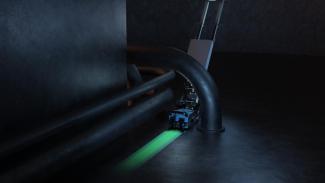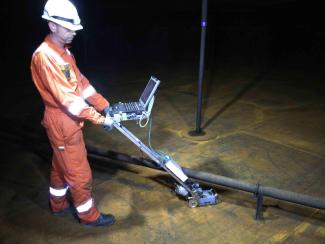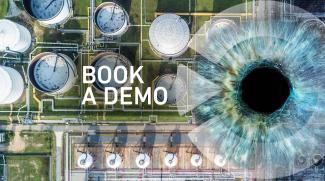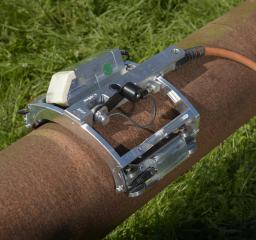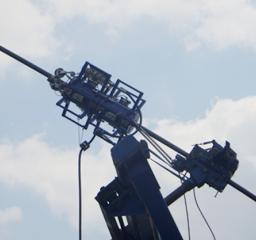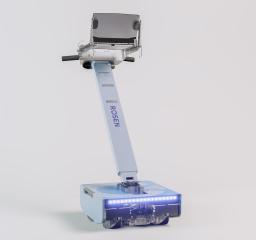ROSEN Tank Bottom Inspection Blind Zone Scanner
Reducing uninspected areas in tank floors
The Blind Zone Scanner introduces a new feature for the ROSEN Tank Bottom Inspection Service (TBIT Ultra) for inspection of aboveground storage tanks. The smaller configuration of the measurement unit itself means the Blind Zone Scanner is able to reach area that would otherwise remain uninspected due to the physical limitations of conventional tank floor scanners. Similar to the TBIT Ultra floor scanner, the Blind Zone Scanner uses high-resolution MFL sensors and an automated detection and sizing algorithm that significantly increases the probability of detection while reducing personnel time in confined spaces.
| Specification Title | Specification Description |
|---|---|
|
Detection threshold
|
0.2t Ø3mm [0.12”] × 0.2t
|
|
Internal/external discrimination
|
Yes
|
|
Plate thickness
|
4-8mm [0.156”-0.315”]
|
|
No. of sensors
|
270 (Hall + EC)
|
|
Scan speed
|
Less than a minute per blind zone (245mm × 245mm [10” × 10”]
|
|
Sizing accuracy depth
|
±0.1t
|
Reviews
Sign up or log in to your explorer or platform subscription to get access to the reviews written about this technology.
The Technology Readiness Level (TRL) indicates the maturity level of novel technologies. Learn more about the TRL scale used by us.
[8/9]


